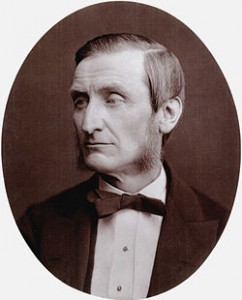John Hall Gladstone’s interest in science and religion began during his childhood. He and his three brothers were tutored throughout their youth. They became quite interested in natural science through this education. Gladstone furthered his interest in science while attending chemistry lectures during his time at University College London. Additionally, during his adolescence, he held a great passion for religion and claimed he wanted to work for the ministry. In 1850, he was elected as a Fellow of the Royal Society, a prestigious group of European scientists who contributed a fair amount of research and work to the natural sciences. Gladstone’s interests ultimately focused on both science and religion.
Gladstone wrote “Points of Supposed Collision Between the Scriptures and Natural Science” in 1872. This work showcased his support for both religious and scientific hypotheses associated with creation. When considering his interest in both of these fields, it is evident why he supported these conflicting views on creation. Gladstone wrote this piece about a decade after Charles Darwin published On the Origin of Species. Darwin made controversial arguments regarding how species were created in this work. He claimed that God was not the sole creator of all beings. Instead, he believed that evolution and natural selection were the root cause of this phenomenon. A great deal of Europe’s population, a society dominated by Christian ideology, felt frustrated by these assertions. Gladstone, however, was not horrified by Darwin’s views. He stated that while reading On the Origin of Species, “I felt no shock to my religious faith: indeed the progressive development of animated nature seemed to harmonize with that gradual unveiling of the divine plan which I had loved to trace in the Bible.”[1] Rather than seeing Darwin’s claims as an attack against Christianity, Gladstone believed they helped solidify many of his religious ideas regarding creation. He believed that scientific and spiritual beliefs regarding creation could coexist. By writing in this way, it is possible that both scientists and theologians agreed with his work.
Rather than solely supporting religious or scientific hypotheses on creation, Gladstone interestingly supports both in “Points of Supposed Collision Between the Scriptures and Natural Science.” How do you think Europe’s population reacted to such claims? Although he exerted an interest in both ideologies throughout his life, do you believe he should have supported only one side on this controversial topic?
[1] Points of Supposed Collision Between the Scriptures and Natural Science, 1872.

